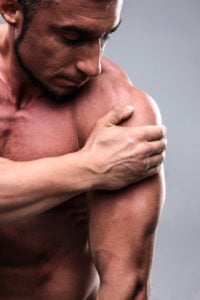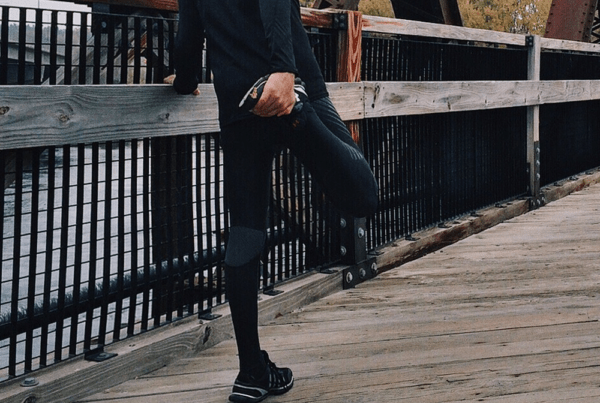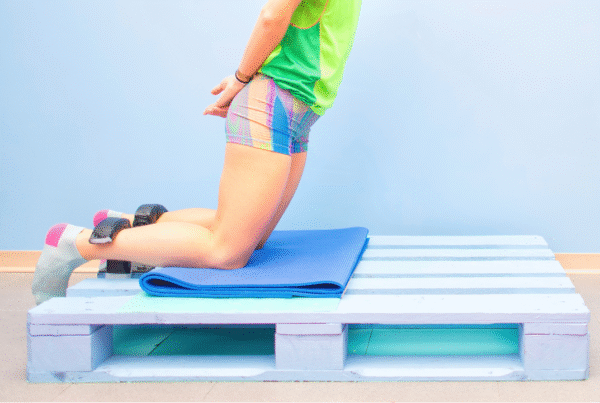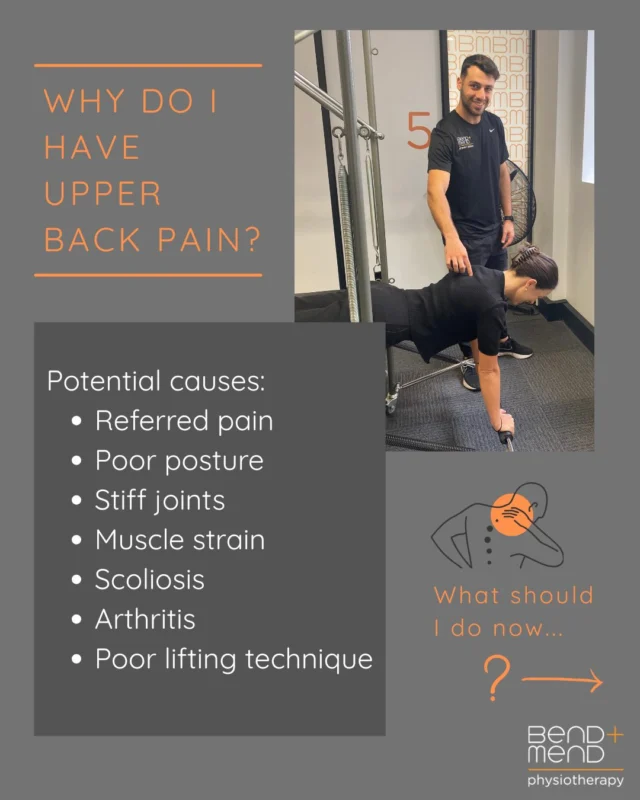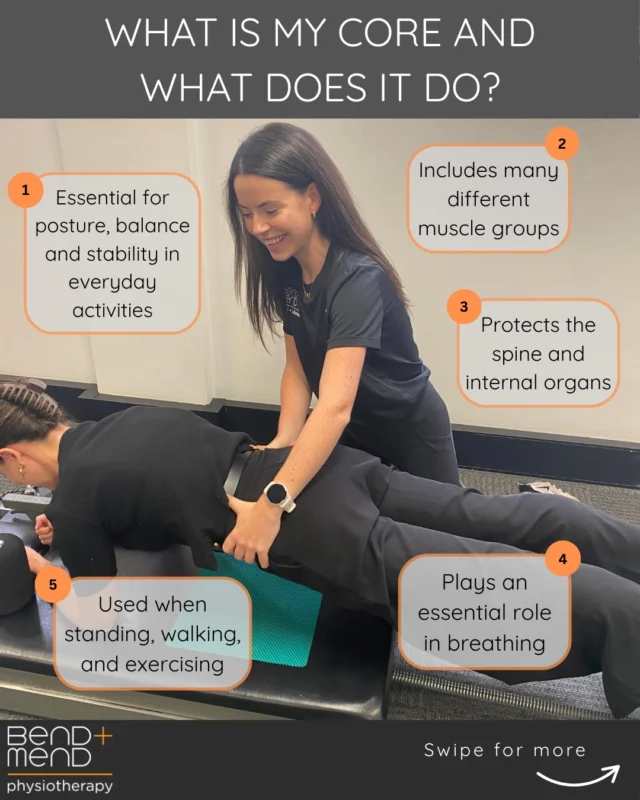Your rotator cuff is a group of four muscles (supraspinatus, infraspinatus, subscapularis and teres minor) that surrounds the Glenohumeral joint in your shoulder. The Glenohumeral joint is the joint that connects your humerus (upper arm bone) to your scapula (shoulder blade) via a ball and socket joint. To enable a large range of motion at the shoulder this joint has with a very large ball and a small socket (not dissimilar to the size of a golf ball on a tee). Unfortunately, it does not provide much stability. The role of your rotator cuff muscles is to assist in shoulder movement but very importantly they help stabilise the ball in the socket during movement.
How do you know if you have torn your rotator cuff?
Like any muscle in your body it is possible to tear your one or more of your rotator cuff muscles or tendons. This can occur through the two ways below.
Traumatic injury: This can occur as a result of a shoulder dislocation or falling onto an outstretched hand.
Atraumatic injury: This could be due to age related degeneration or repetitive movements causing microtrauma.
A traumatic tear is more likely to cause severe pain at the time of injury whereas an atraumatic injury may be more gradual. With both a traumatic and atraumatic injury you may experience pain when reaching above your head, weakness in some or all shoulder movements and/or pain at night. Sometimes it can be hard to gain full range of motion due to both pain and weakness therefore often the shoulder stiffens up.
Diagnosis:
At Bend + Mend one of our experienced Physiotherapists will assess the rotator cuff muscles around the shoulder looking specifically at pain levels, shoulder range and strength.
In some situations, it may be necessary to refer on for further investigation such as an Xray, Ultrasound or an MRI scan to confirm the diagnosis and direct treatment appropriately.
What to expect from treatment:
Rotator cuff tears are often described as partial thickness or full thickness tears. Luckily most partial thickness tears and atraumatic full thickness tears will respond well to rehabilitation exercises guided by a Physiotherapist. The aim of treatment initially will be to reduce pain and gain functional range of movement. It is then important to work on both the strength of the rotator cuff muscles and other supporting muscles around the shoulder blade.
In some cases, such as a tear due to significant trauma, surgery may be required to gain function. If it is a very large tear or if the person is older then the prognosis with surgery is not as good.
If you are experiencing shoulder pain and your worried that it might be a rotator cuff tear, book in to see our Sydney CBD Physiotherapists at Bend + Mend.
